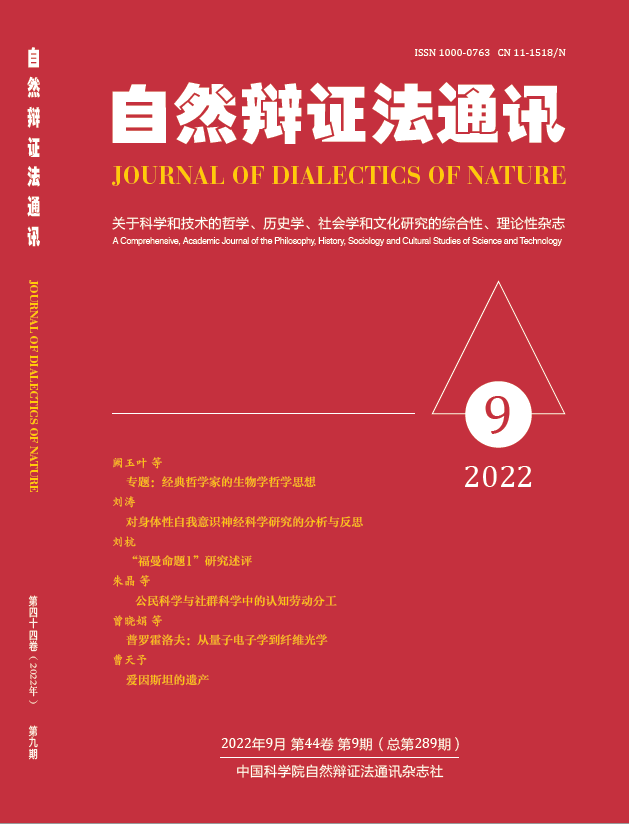

Published Online: 10 August
DOI: 10.15994/j.1000-0763.2022.09.004
Abstract:
There is considerable evidence to prove that causal learning and causal understanding ability have greatly enhanced our ability to manipulate the physical world and they are important factors that distinguish humans from other primates. How to get stupid robots to think causally, answer the questions raised with “why” and even understand the meaning of such questions is one of the keys to realizing artificial intelligence. Judea Pearl believes that to achieve human-like intelligence, we must start by imitating the intelligence of children, so he proposed a “causal inference engine” to help future artificial intelligence conduct causal inference, pass the mini-Turing test, and even become a moral subject who can discern good from evil. This paper attempts to provide some different thinking dimensions for the development of children’s education from the basic assumptions and construction goals of artificial intelligence, and at the same time reflects on the current practice of artificial intelligence through children’s education.
Key Words:
Causal inference engine; Counterfactuals; Free will; Science education
- Contact Us
- Address: No.19A Yuquan Road, Beijing, 100049, China
- Phone: +86-10-88256007
- Email:jdn@ucas.ac.cn




